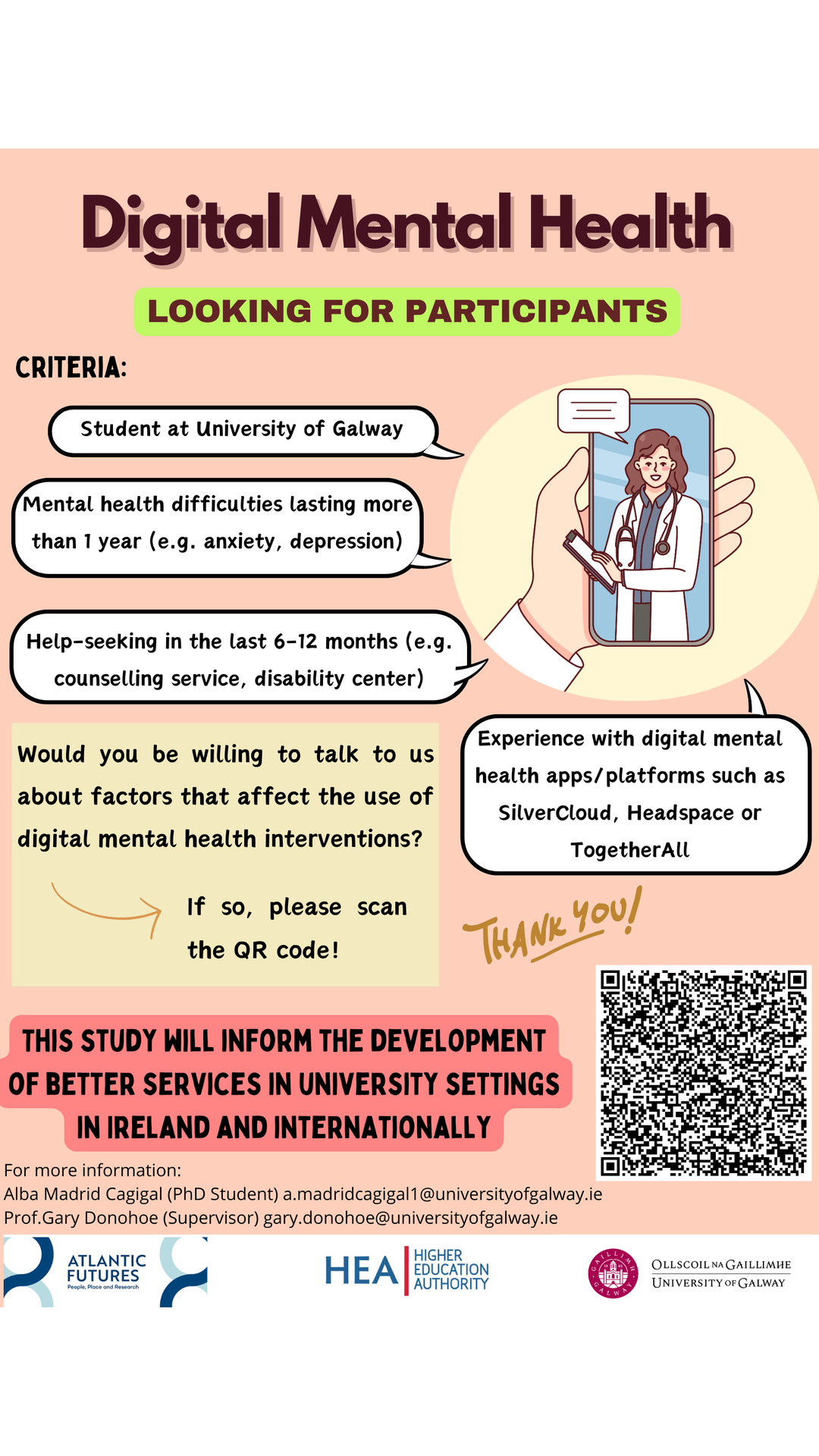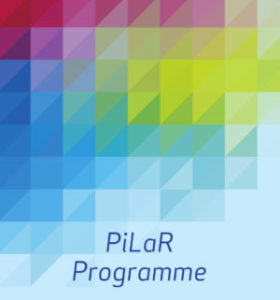Background
Mental health difficulties represent a growing global burden with more than 50% of young people falling outside the normal range for depression and anxiety (Dooley et al., 2019). Given that most mental health problems are established by the age of 24, it appears extremely relevant to focus on the prevention and treatment of these on the college student population (Kessler et al., 2005; D’Adamo et al., 2023); as this is a period characterized by many social and academic stressors such as loneliness, academic demands and financial worries that affect university student’s mental health (Duffy et al., 2019). Universities provide mental health support through counselling services; however, many of these services face several demands such as increasing workloads, leading to large waiting lists (Harrison and Gordon, 2021).
In response to this high demand for mental health services, there is a growing interest in youth-friendly, stigma-free digital mental health interventions (DMHIs) – i.e. digitally delivered interventions based on well-established psychological treatments (Gan et al., 2021; Hossain et al., 2022). DMHIs offer a scalable, cost-effective, and accessible solution to increase access to mental health services (Schueller and Torous, 2020; Ha and Kim, 2020), as they are capable of being delivered directly into people’s hands with no-to-low human resources, promoting self-management of mental health problems (Andersson and Titov, 2014; Gan et al., 2021). Moreover, research suggests that the effectiveness of these interventions is similar to in-person mental health treatment (Van’t Hof et al., 2009; Leung et al., 2022).
The health belief model explains health behaviours in terms of perceived susceptibility, perceived severity, perceived benefits, perceived barriers of taking action, and the ability to take action (Green et al., 2020). Therefore, in order to improve engagement to DMHIs, it is important to understand the barriers and facilitators that university students may face when engaging in DMHIs. Previous research has looked at barriers and facilitators of user engagement to DMHIs (Borghouts et al., 2021), but fewer studies have focused on the views of the university community. Thus, the results from a qualitative study will then provide an overview of the perceived barriers and facilitators that influence engagement to DMHIs among university students with pre-existing mental health difficulties.
Aim
To understand and improve engagement to digital mental health interventions among university students with pre-existing mental health difficulties
Recruitment
Participants will be asked to fill out and sign the consent form. Then, if they agree to take part in the study, they will be asked to meet the researcher, either in person or online, for around 45 to 60 minutes. The researcher will verbally explain all research-related information and they will have the opportunity to ask questions before the interview. The researcher will ask them to select a pseudonym to ensure anonymity. Once the interview starts, the conversation will be audio recorded with their permission. This recording will be securely stored, and the recording will be deleted once the conversation is transcribed.
Format
In-depth semi-structured interviews will be conducted face-to-face or online to include people in various geographical regions and reduce study time and costs.
Confidentiality: All collected data will be stored in a password-protected SharePoint folder created by the researcher’s supervisor, who will delete all data after 7 years. Different folders will be created: (1) participants identifying information, which will be deleted as soon as participants confirm that they are happy with the transcription of the interviews; (2) Audio recording, which will be deleted as soon as transcription is completed; and (3) Transcriptions, which will be deleted by the researcher’s supervisor 7 years after the study. Their participation in this study will remain confidential. Neither their name or any identifying details will be included in any reports on this study.
It is important that they are aware that if the researcher becomes aware of you or someone else being in immediate danger or risk of harm, the researcher may have to report this to the relevant authorities. I will always discuss this with them but may be required to report with or without consent.
Ethics
This study has received ethical approval from the University of Galway.
Contact information
Researcher: Alba Madrid Cagigal, a.madridcagigal1@universityofgalway.ie
Supervisor: Prof. Gary Donohoe, gary.donohoe@universityofgalway.ie




